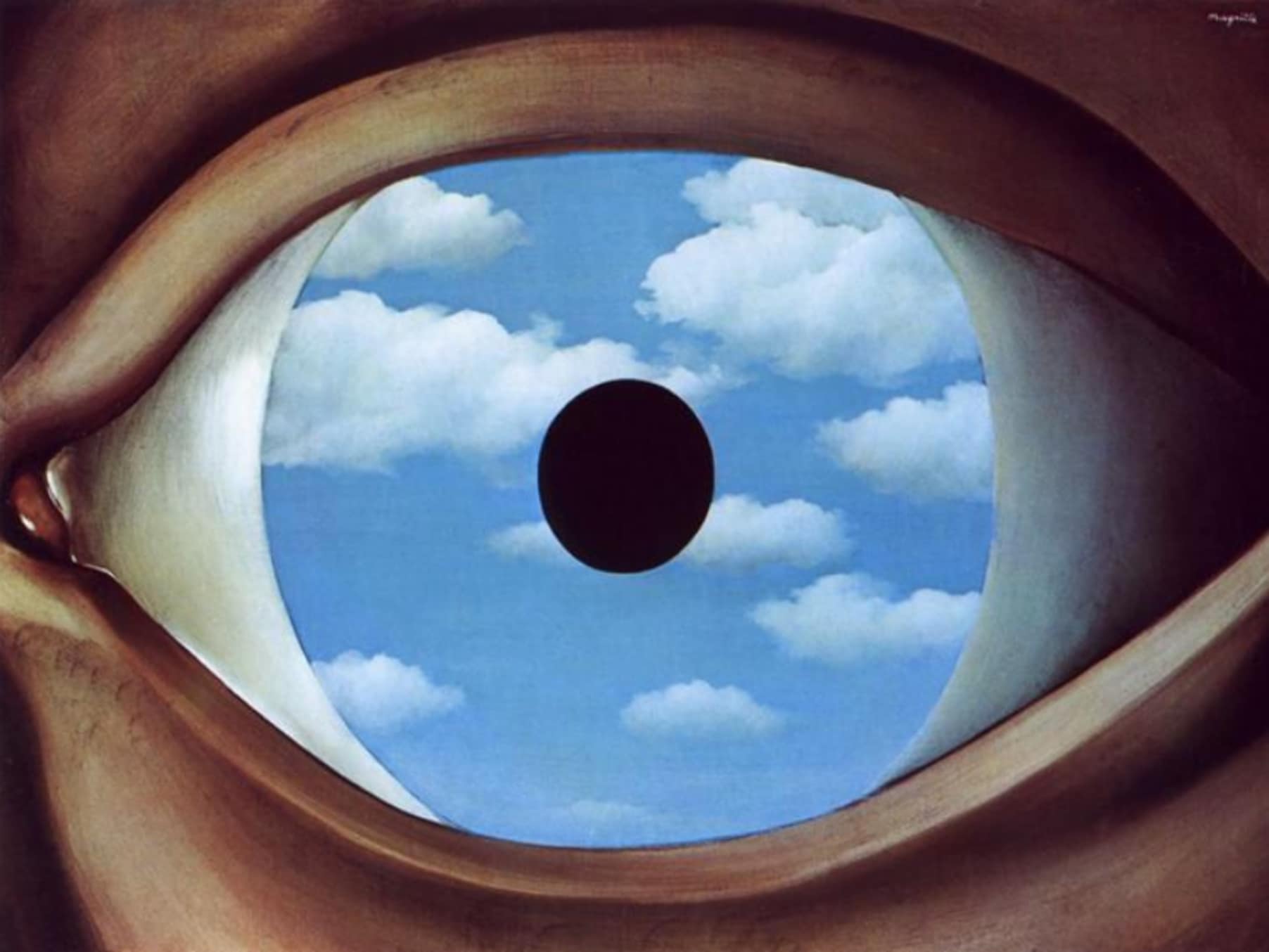
“No, Minister” An interview with Robert Schoevers

Prof. Robert Schoevers is the Head of the Psychiatry department at UMCG. Last year he rose to prominence in national media as the co-host of “Doe Even Normaal”, a TV show aired on NTR/NPO. We talk with him about what it’s like to put together a program for primetime television, discuss science communication, and reflect on the challenges of both.
Alexander Pietrus-Rajman: What’s your favorite TV show of all time?
Robert Schoevers: Monty Python. I like the humor, of course, but also how it shows the absurdity of many things in life.
AP-R: As great as a reflection on life it is, it couldn’t be more different to what you’ve done recently. How did “Doe Even Normaal” come about?
RS: The show was my own idea. Some 20 years ago, before I started med school, I did a lot of theater just for fun, and I worked as an actor trainer to make some money on the side. Through the years I wrote and directed a number of videos about medical issues: documentaries, clips for patient organizations, educational films. I stopped when things got too busy with my career. Then three years ago the Dutch government decided that patients with psychiatric disorders would have to pay an extra fee on top of their deductible health insurance for medical consultation. It’s the only area of medicine where people were asked to pay extra to see a doctor and get help. The minister who advocated for this even stated publicly that mental disorders are not real disorders, and your neighbor’s wife with a cup of tea could help solve many cases. We thought it was ridiculous, and a reflection of the mistaken idea of what a mental disorder is.
Having become a professor around the same time, Schoevers was thinking hard about what he could do to have a positive influence on how people see mental disorders and the patients that suffer from them. He drafted an idea for a TV show and applied for funding at two Dutch organizations whose goal is to inform the public about mental health issues. Both backed the project and offered to finance a majority of the production costs. Soon after, they found a TV network interested in broadcasting the program.
The format went relatively unchanged from the original idea: Schoevers originally wanted to provide more information on what happens when one is affected by a disorder, what goes wrong with brain functioning, and how treatment works, but given that an episode would clock in at 24 minutes, that idea was scrapped in favor of a more personal look at each patient’s story. Fittingly, for the remainder of our conversation about science communication, Schoevers asked one of the sponsors of the show to build a website that would host all episodes and provide additional information. (They were happy to do that and the program remains available to view online).
To ensure the show wouldn’t be overly highbrow to the general audience, a second presenter was added to look at each case from the perspective of the viewer.
AP-R: So, the producers asked to simplify the show. Was it a challenge to translate these complex ideas into more general explanations, without diluting them?
RS: It was my main hangup that the information was sparse… It took effort to explain these things on TV in simple terms. On the other hand I see multiple patients a week, so I know what it takes to explain psychiatric disorders to someone without background education.
AP-R: Do you use these skills when you teach?
RS: Definitely. One of the patients in the series is a person I often give lectures with at the UMCG. These talks are always very inspiring, and actually made me realize it would be worthwhile doing this TV show. It’s very powerful to have a patient tell their story, I believe that’s the best education a student can get.
AP-R: There are aspects of the show you didn’t compromise on. Can you tell me more about the (creative) process?
RS: Yes, there are a number of things that I’m very happy with. We invested a lot of time and effort in finding patients that were able and willing to tell their story, and representative of their disorder. We were very careful in the sense that TV is very intrusive, so we had a whole team help with the selection based on the patient’s personal history. We were very considerate, and for each episode, everyone was shown the final cut BEFORE it was sent to the TV station. We also had a meeting after the run of the whole season, to see what the show has done for the featured patients. It was 99% positive. And that was also quite interesting. I asked everybody to tell about the reactions they got; they heard from people who had never understood what it’s like to go through these problems, and now they did. We managed to find people the audience could relate to.
AP-R: Your approach is very scientific, very proper. There are people that have done media work somewhat similar to yours, but less mindful. A prime example would be Dr. Phil. What’s your take on this?
RS: I’m really fond of the BBC approach, that is also what inspired the idea of me being the presenter. They’re expensive programs with lots of experts and a lot of proper science, that is different to Dr. Phil who just sits in a studio and talks.
Many scientists teach and know how to tell a story, yet they’re not television makers, so they need to adapt to the medium.
AP-R: Are scientists equipped with the skills to do what you’ve done?
RS: No, that’s where collaboration comes in. Many scientists teach and know how to tell a story, yet they’re not television makers, so they need to adapt to the medium. There is a lot of interest in science communication, and we should see this as part of our jobs.
It becomes clear this is so when Schoevers tells me that, due to demand, they are in talks about a possible second season, as well as considering a DVD series. Riding on the wave of the success of the show, Schoevers also has a new book coming out on February 18, 2015: A crossover between patient and doctor perspectives, “Diagnose Depressie” (Balans publishing), is co-authored by the patient featured on the show, Selma Parmentier.
AP-R: Any life changes now that you’re famous?
RS: (Laughs) Not really. I have some patients who contact me and ask if I could fix their problems, I answer all emails, and usually direct them to a local practitioner that can provide the expertise they need!
By Alexander Pietrus-Rajman



